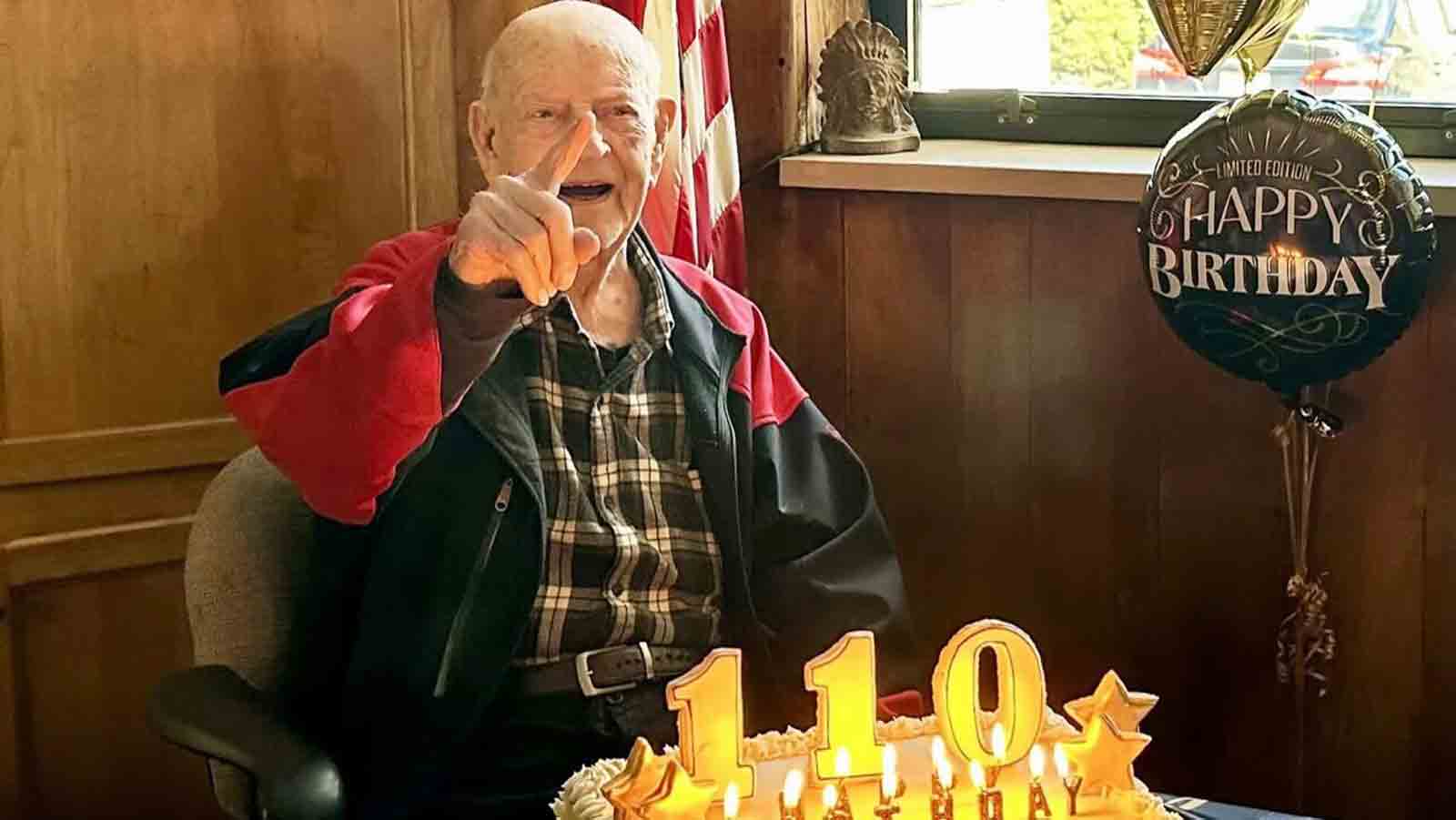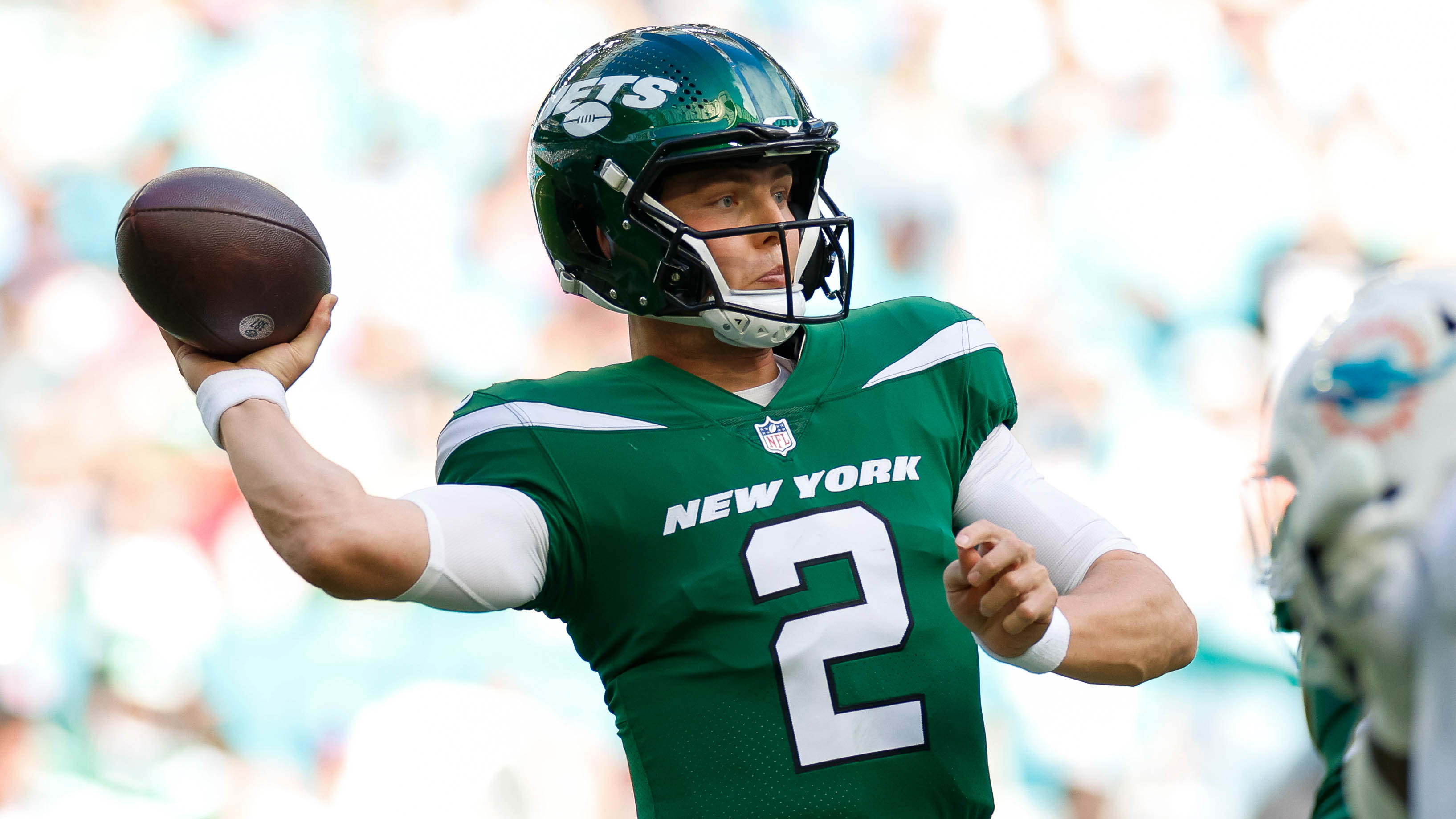The citizens of New York are the victims of the soaring, never-ending cycle of fare increases and service cuts by the MTA.
It’s hard to imagine any group more exploited than the millions of train and bus commuters. It’s easy to understand why they are disillusioned and frustrated -- and many don’t see any point in coming to hearings on fare increases and service cuts.
As the Times pointed out, thousands of New Yorkers turned out for MTA hearings in the last two years. Often, these gatherings were fiery affairs. But now the turnouts are relatively feeble -- empty seats often outnumber the audience.
The MTA says its financial picture is bleak. It wants to increase the price of a monthly unlimited Metro Card to $104 from $89. Tolls on bridges and tunnels, and commuter rail tickets would also go up.
Jay Walder, the MTA chairman, says: “We’re dealing with a financial situation that I believe is going to require a fare increase.”
In a joint statement by several advocacy groups, the State Legislature and Governor Paterson were blamed for “the punishing treatment riders have received in the last year.”
And Gene Russianoff of the Straphangers Campaign told me: “I can understand why many riders feel despondent but it’s not the MTA. It’s the State Legislature. They should put their money where their mouth is on decent transit.”
Local
You can’t blame people for being cynical about the circular blame game that goes on. Many subway and bus riders blame the MTA. It’s an obvious target. It runs the trains and buses.
Then, some advocates see the Legislature and the governor as being primarily responsible. It’s a question of money.
But does it matter, in the long run, what pocket it’s coming from?
If we get the money from the State Legislature, it’s still ultimately, the taxpayer, the public that pays. If we get the money from fares the people will also foot the bill.
It’s like a game of three-card monte. This guy is responsible. No, it’s that guy. But you’re the fall guy.
The transit system is the lifeblood of New York. At a time of economic decline, it seems that inflicting punishment on those least able to bear it is not the way to go.
My old friend, labor lawyer Theodore Kheel, had a novel idea. He wanted to make the subways and buses free, believing that the economic activity generated by that approach could stimulate the economy.
There is certainly need for a new approach to our transportation problems. And the next governor and legislature must address it. Nothing is more vital to the economic future of New Yorkers.



